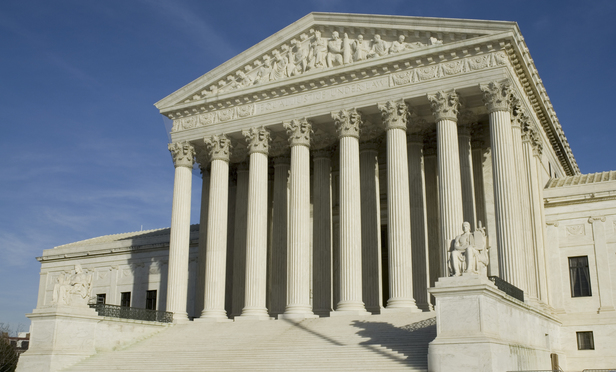Patents have had unusual attention from the U.S. Supreme Court recently. In addition to high-profile cases like Alice v. CLS Bank International, 134 S. Ct. 2347 (2014), that dramatically changes the landscape for technology-based patents, Samsung v. Apple, 137 S. Ct. 429, 431 (2016), that has the potential to dramatically change the landscape for damages in design patent infringement, and Life Technologies v. Promega, 2017 U.S. LEXIS 1428 (U.S. Feb. 22, 2017), which tests the limits of liability under U.S. law for infringement abroad, the court is poised to consider whether the post-grant procedures of the America Invents Act (AIA) are constitutional.
By way of background, Article 1, Section 8 of the Constitution vests in Congress the power to secure for a limited time to inventors the exclusive rights to their invention. Title 35 of the U.S. Code addresses this protection by establishing the statutory basis for patents. The nature of patents as property is codified in 35 U.S.C. Section 261, which states: “Subject to the provisions of this title, patents shall have the attributes of personal property. The Patent and Trademark Office shall maintain a register of interests in patents and applications for patents and shall record any document related thereto upon request, and may require a fee therefor.”
This content has been archived. It is available through our partners, LexisNexis® and Bloomberg Law.
To view this content, please continue to their sites.
Not a Lexis Subscriber?
Subscribe Now
Not a Bloomberg Law Subscriber?
Subscribe Now
LexisNexis® and Bloomberg Law are third party online distributors of the broad collection of current and archived versions of ALM's legal news publications. LexisNexis® and Bloomberg Law customers are able to access and use ALM's content, including content from the National Law Journal, The American Lawyer, Legaltech News, The New York Law Journal, and Corporate Counsel, as well as other sources of legal information.
For questions call 1-877-256-2472 or contact us at [email protected]



